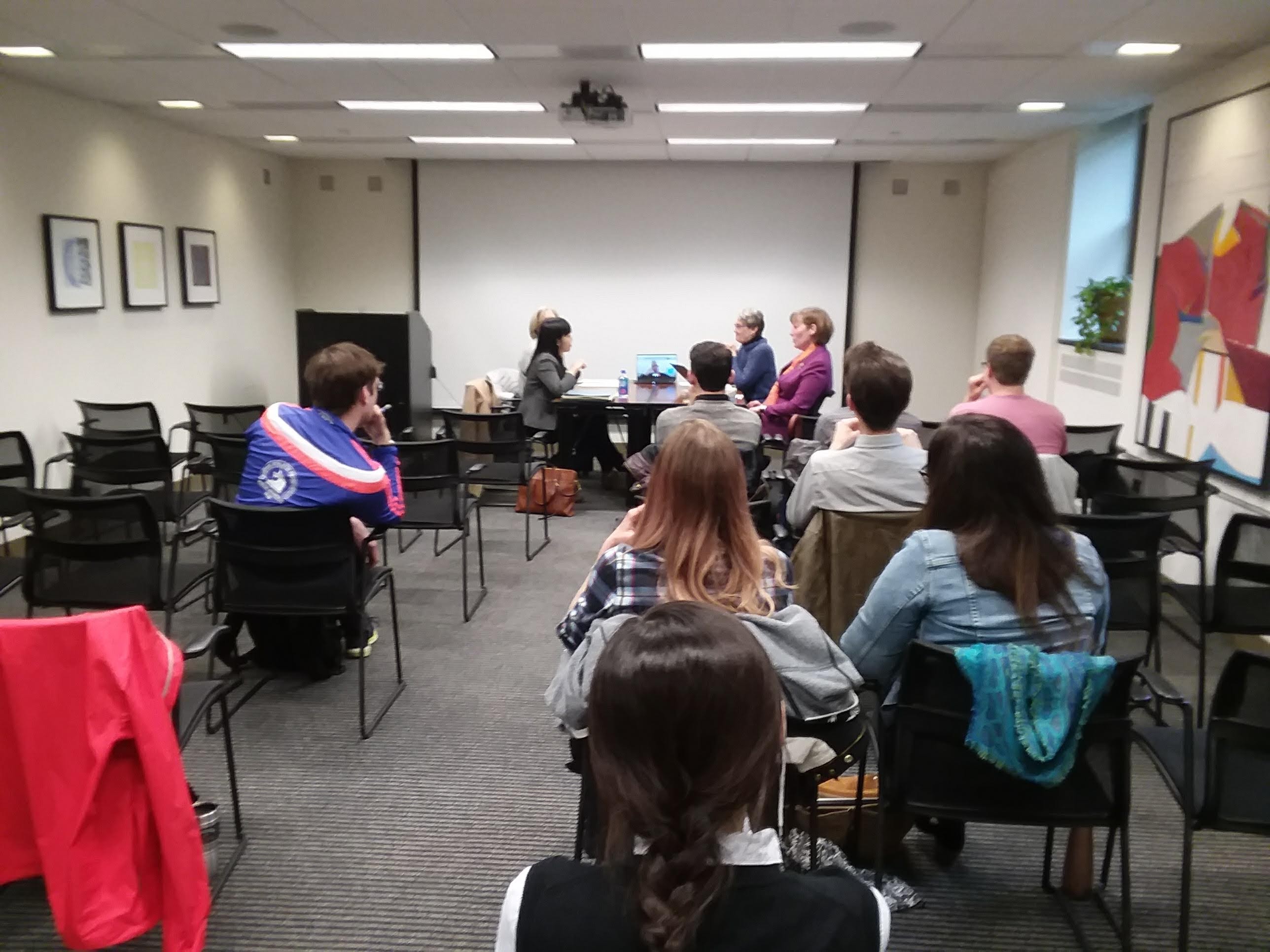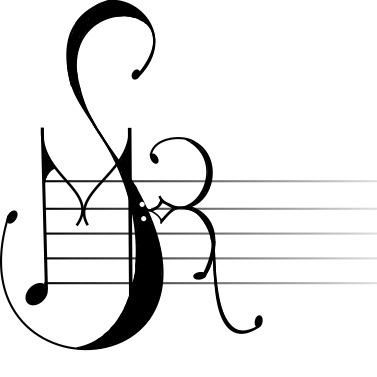
Last Monday, Vivian Luong successfully defended her dissertation, entitled "Analysis as Ethics: Experiments with Music Loving," before an enraptured (not to mention strongly affected) audience. Congratulations, Vivian!
Abstract: "Analysis as Ethics: Experiments with Music Loving"
In response to critiques of music theory following Joseph Kerman’s “How We Got Into Analysis and How to Get Out,” theorists often hail the virtues of analysis to defend our unique position in music studies. In addition to enriching musical experience and our sense of self, analysis matters because it involves inhabiting an ethical attitude—a concern with adequately caring for and understanding music on its own terms. My dissertation builds on this last and often implicitly expressed argument for analysis. How exactly is analysis ethical? How does it do good? Elaborating on writings from feminist and queer music theory, I propose that we can locate this ethical attitude in the very relationships that animate analysis: music loving. Taking seriously this pervasive yet under-theorized concept, I consider how we might rethink music loving to better articulate the ethical potential of our work.
In chapter one, I explore how music theorists have framed the purpose of music analysis in the stories that we tell about our discipline. In particular, these narratives of disciplinary identity locate a loving ethics of music analysis in a separation of music from context. In chapter two, I bring together perspectives from feminist music theory and new materialisms to reconsider music analysis as an entangled and interconnected practice. Chapter three then draws on the concept of music loving to further theorize the particular affects produced in our networked analytical encounters. Building on Deleuzian ethics, this chapter proposes that we understand music loving as a practice involving multiple bodies, including analysts, music, theoretical apparatuses, and the physical spaces in which analysis happens. In chapter four, I then experiment with modes of writing oriented toward this alternate form of music loving. Drawing on work in affect theory and anthropology, I illustrate how autoethnography may serve as a valuable methodology by writing about my Schenkerian analysis of J. S. Bach’s Prelude in B-flat Minor, BWV 891. In a series of vignettes, I demonstrate how a loving, embodied enactment of analysis can shape a theorist’s bodily capacities and orientations. Chapter five concludes this dissertation by situating the ethics of analysis in conversation with recent perspectives on the effects of academic practices. In particular, I argue that alongside reparative musicology’s call for care in academic work, music theory’s examination of its analysis-oriented ethics might offer special insight into the ongoing value and sustainability of music scholarship.
Recent Posts
SMR to Host Midwest Graduate Music Consortium 2025 Conference – January 13, 2025
SMR Welcome BBQ at County Farm Park – October 01, 2024
Julian Grey defends dissertation – June 05, 2024
Michaela Franzen defends dissertation – May 21, 2024
Kai West defends dissertation – May 16, 2024
Micah Mooney and Carlos Pérez Tabares present at Music Theory Midwest – May 12, 2024
SMR end-of-year round-up at County Farm Park – April 25, 2024
SMR hosts Research Showcase – September 29, 2023
 Society for Music Research
Society for Music Research